Who Are Fujikura?
The fascinating story behind golf shaft experts Fujikura and what makes its products so unique


Most regular golfers will know the answer to this question. Certainly those who have been for a custom fitting will have heard the name. ‘Here, try this new Fujikura shaft.’ This equipment is not just a piece of graphite – it’s a work of art, years in the making, and no one in the world of golf has a better understanding of how golf shafts affect performance than Fujikura. It’s the heart and soul of what it does.
Fujikura’s mission is to produce the “world’s best performance golf shafts” and bring enjoyment to golfers of all levels by improving their game and maximizing their potential. Its shafts are played by everyone – from beginner level to Tour professional, and trusted by many of the game’s best players.
RICH HERITAGE
Fujikura started well over a century ago as a rubber company. It began producing shafts in Japan in the 1970s, before arriving in America in 1995 with plans to expand. Three years later, the Speeder 757 debuted on the PGA Tour. It paved the way for a revolution in the golf shaft industry, and it wasn’t long before the brand occupied top spot in the driver, wood and hybrid shaft categories.
After Speeder 757, came Rombax in 2005, and then Motore Speeder in 2009. The use of TeXtreme Spread Tow carbon fabric in the Fujikura Blur in 2012 and Toray T11000G prepreg materials in the Fujikura Speeder Evo Blue in 2014 are other landmark moments. However, ask any Fujikura employee, many of whom have been with the company for a long period of time, and they’ll pinpoint the arrival of enso 3-D as arguably the most significant moment in the company’s history, certainly since it came to America.
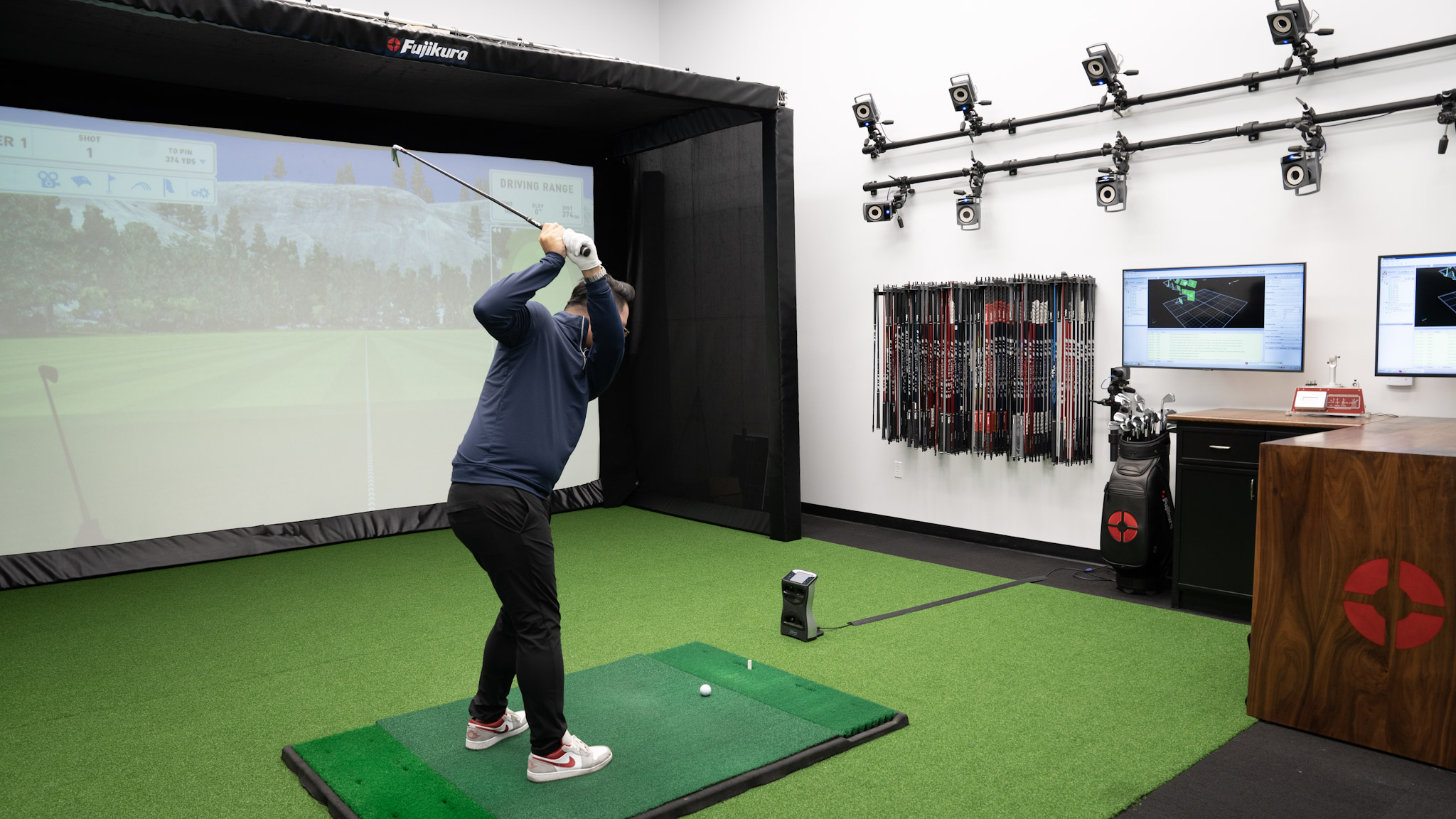
Fujikura has always pushed itself to create different profiles that change bending stiffness and also torsional stiffness. However, Enso, a $300,000 motion capture system, allowed Fujikura to examine how a shaft was behaving in 3-D space. This was next level technology, an aha moment. In short, it gave engineers a more thorough understanding of how various shaft profiles perform across a wide array of player swing types.
FUJIKURA DNA
This is part of what makes a Fujikura shaft unique – the amount of R&D that goes into it, which is something the company continues to invest significantly in. Located in Carlsbad, California, which is where many of the biggest brands in the industry call home, Fujikura has its state-of-the-art R&D department. A team of passionate individuals are constantly searching for ways to enhance players’ performance levels by taking technology to the limit. The company even has its own testing co-ordinator, which is a rare thing in the shaft world.
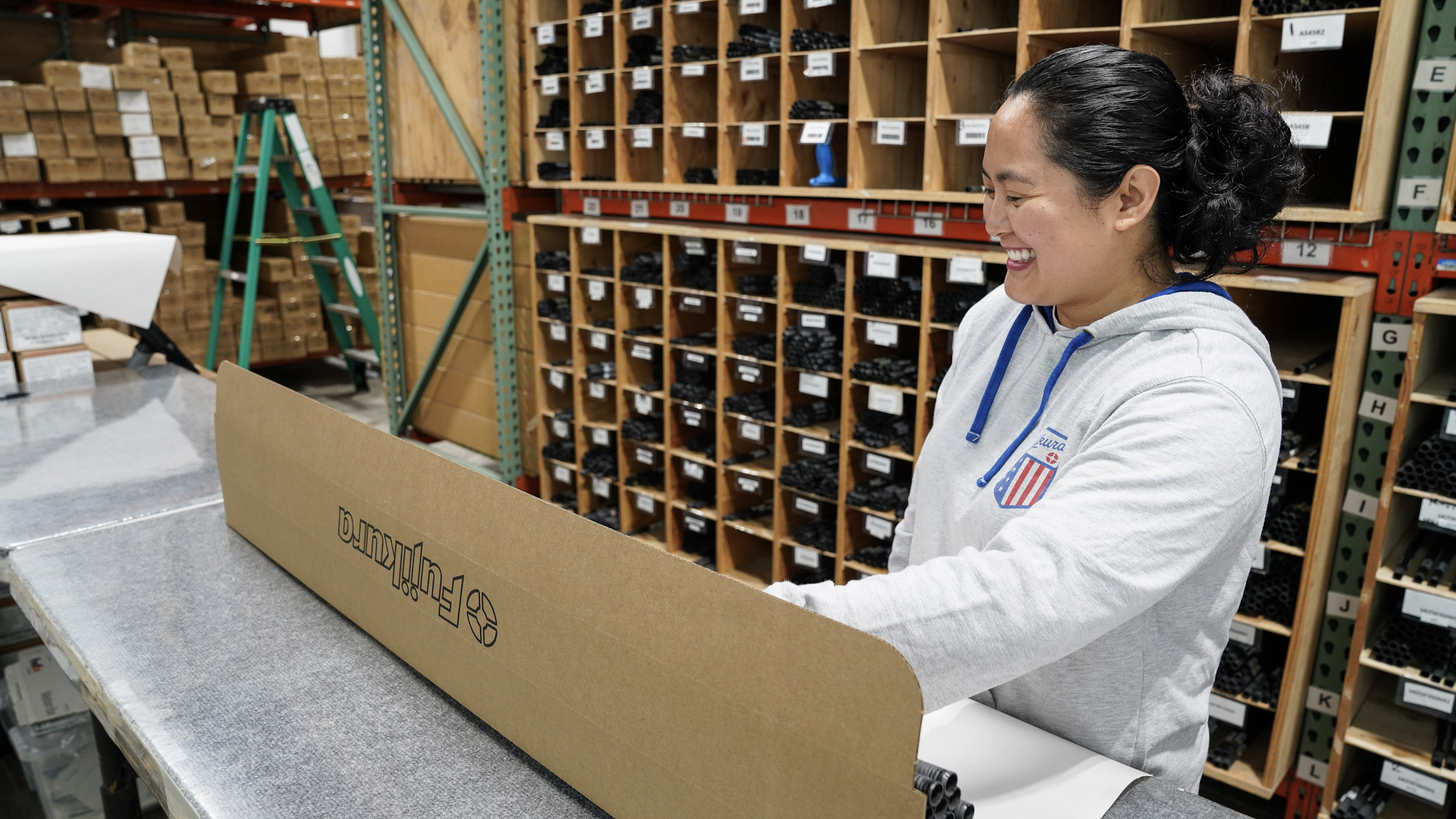
Overseeing all of this is Fujikura president, David Schnider, who has been with the company for 24 years. According to Schnider, a big part of Fujikura’s success can be attributed to the fact its technology stays in house, which means it can keep control over what goes on.
Get the Golf Monthly Newsletter
Subscribe to the Golf Monthly newsletter to stay up to date with all the latest tour news, equipment news, reviews, head-to-heads and buyer’s guides from our team of experienced experts.
His passion for the game – he happens to be a talented golfer himself – is shared by everyone at Fujikura. Vice president, Alex Dee, who has an MS in mechanical engineering (University of Delaware) and a BS in mechanical engineering (University of California at San Diego), is one of the brains behind the company’s leading technologies and its proprietary ENSO 3-D motion capture system.
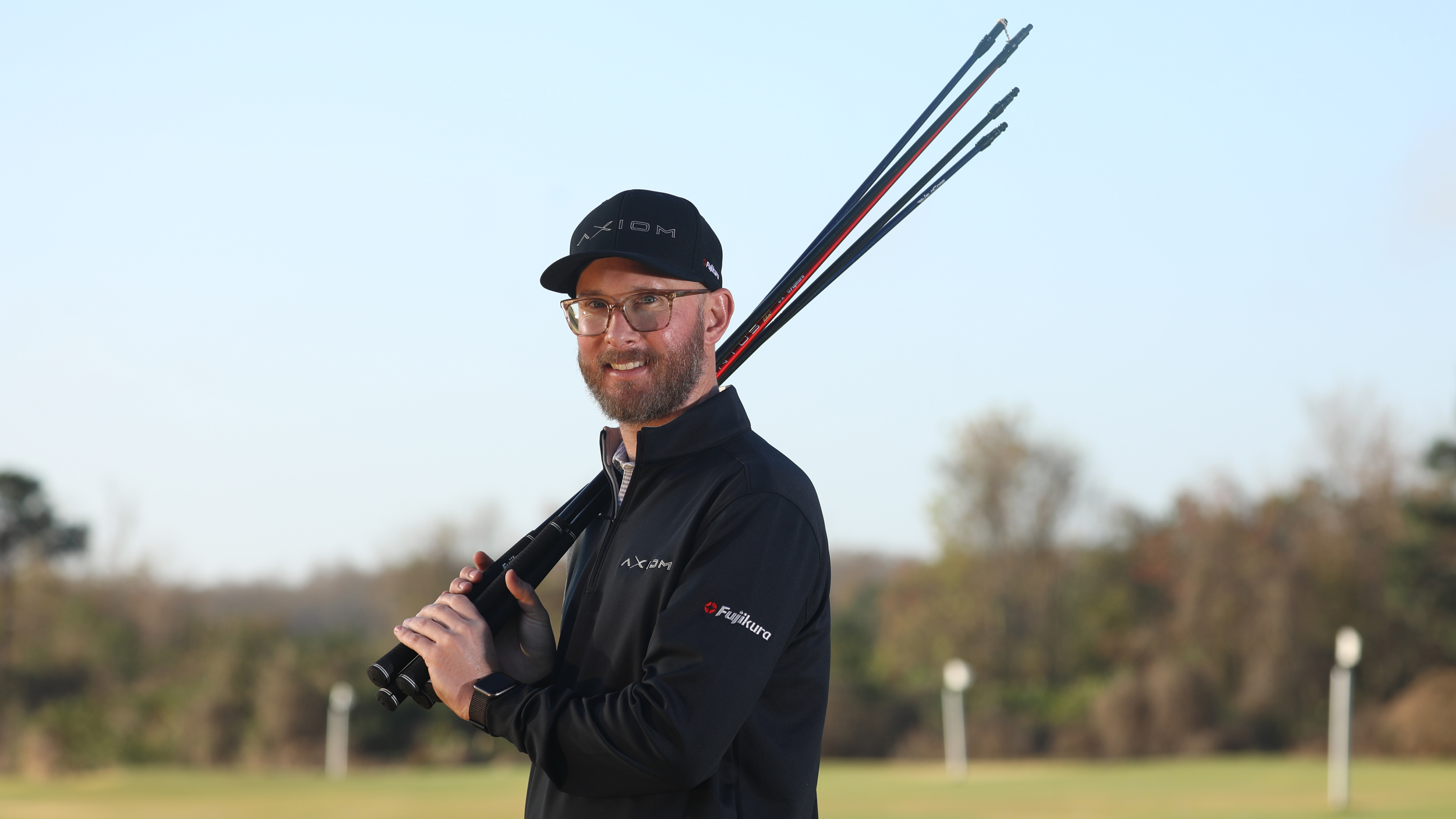
Tour fitter Marshall Thompson has been with Fujikura for 15 years
Then you have people like Marshall Thompson (above), Tour Representative, who’s been with Fujikura for 15 years, now a custom fitting expert who has worn many different hats at the company and travelled the world fitting the world’s best players.
Cutting-Edge Technology
Speeder and Rombax are two of the most iconic franchises, as well as the popular Atmos Tour. Now, however, we’re onto VENTUS and AXIOM. The former, which launched in 2019, features VeloCore technology and is designed to significantly tighten shot dispersion and maximize ball speed. For the past two years, VENTUS has been the number one metalwood shaft on professional tours worldwide, finding its way into the bag of Rory McIlroy and Tiger Woods, among many others, and is enjoyed by club golfers alike. It's at the top of the tree when it comes to the best driver shafts in golf.
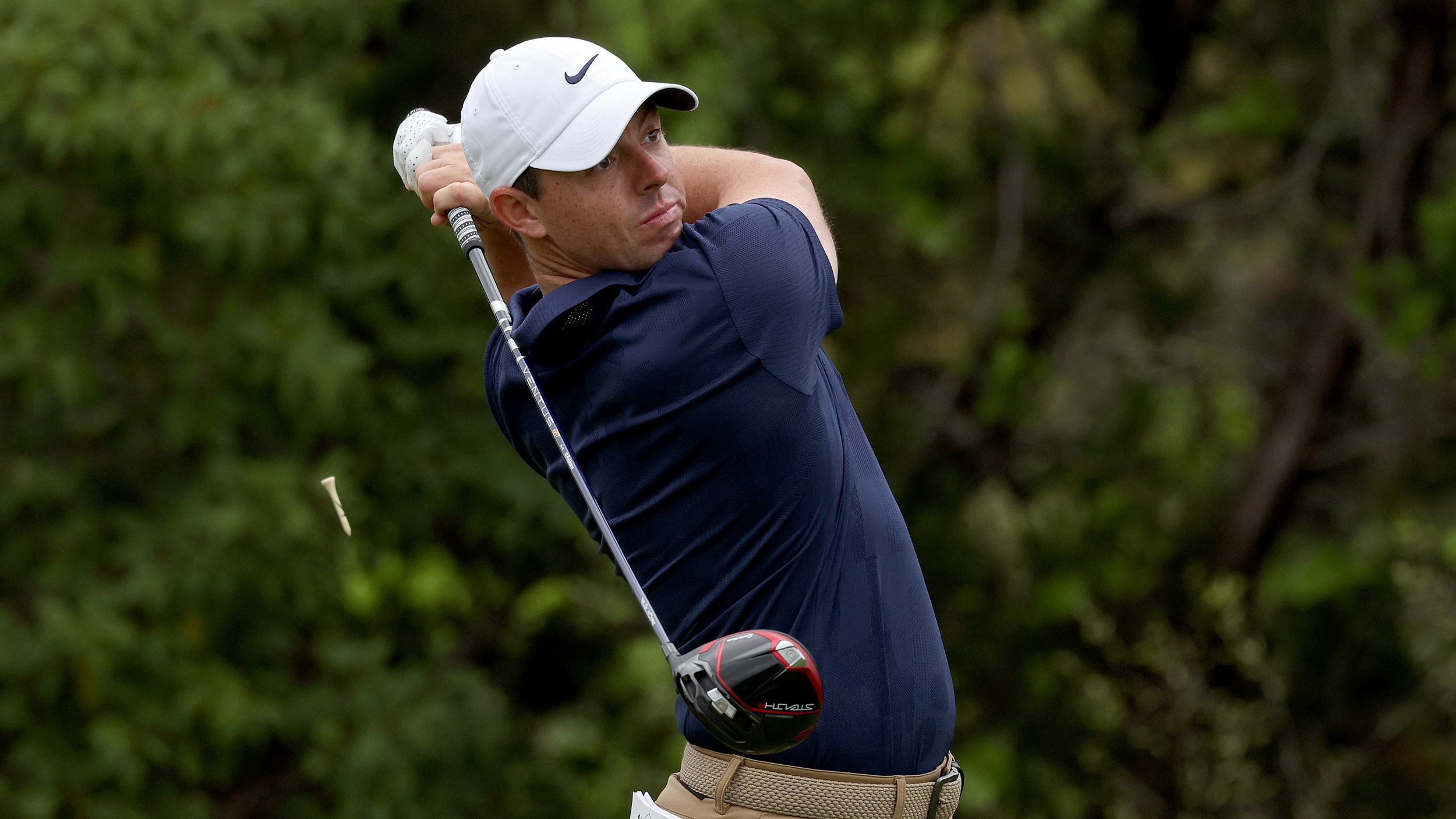
Rory McIlroy has recently switched into the Fujikura Ventus TR Blue 6 X shaft
Now Fujikura has created a graphite iron shaft called AXIOM, which features the VeloCore technology found in the VENTUS, aiming to provide golfers with extra confidence in their iron game performance.
For Fujikura, and its near 2,500 staff, the innovation never stops. Its mission will always remain to bring joy to golfers of all levels. If you didn’t know it before, you do now: the shaft is one of, if not the most important, pieces of golf equipment in the bag – and no one appreciates this more than Fujikura.

Michael has been with Golf Monthly since 2008. A multimedia journalist, he has also worked for The Football Association, where he created content to support the England football team, The FA Cup, London 2012, and FA Women's Super League. As content editor at Foremost Golf, Michael worked closely with golf's biggest equipment manufacturers and has developed an in-depth knowledge of this side of the industry. He's a regular contributor, covering instruction, equipment, travel and feature content. Michael has interviewed many of the game's biggest stars, including seven World No.1s, and has attended and reported on numerous Major Championships and Ryder Cups around the world. He's a member of Formby Golf Club in Merseyside, UK.
-
 JM Eagle LA Championship Prize Money Payout 2025
JM Eagle LA Championship Prize Money Payout 2025The LPGA Tour heads to California for the JM Eagle LA Championship, where the largest prize money payout of the season so far is on the table
By Mike Hall
-
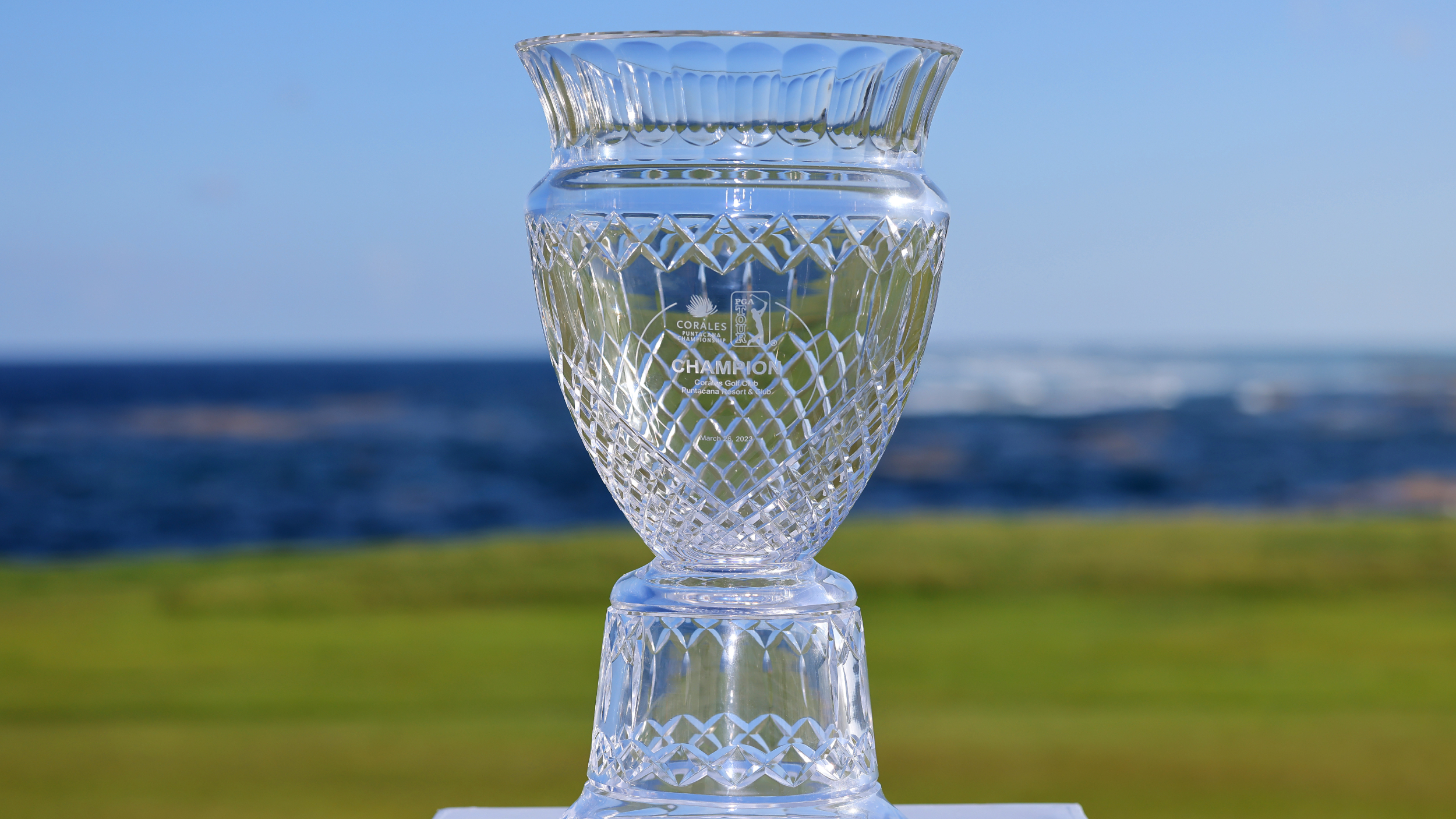 Corales Puntacana Championship Prize Money Payout 2025
Corales Puntacana Championship Prize Money Payout 2025The PGA Tour’s latest opposite field event features an attractive prize money payout and some former champions in the field
By Mike Hall